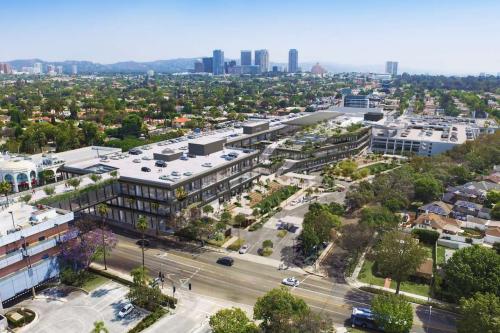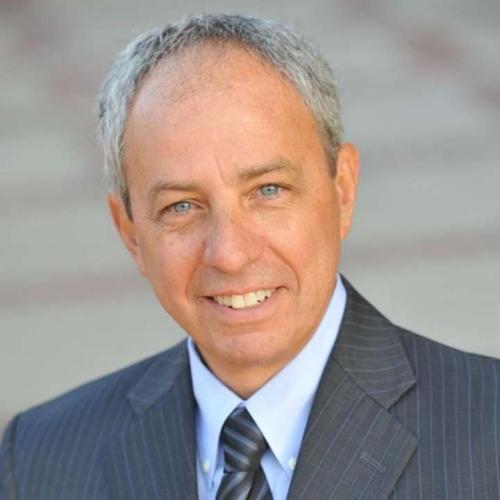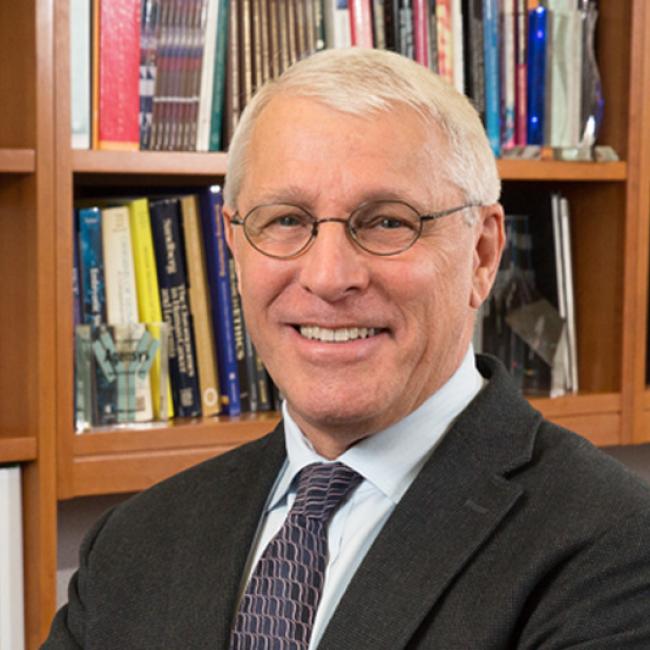
New California Institute for Immunology and Immunotherapy to spark research discoveries
The new California Institute for Immunology and Immunotherapy at the UCLA Research Park in Westwood aims to make Los Angeles the center of scientific innovation and industry.
“The goal is to build the immunology equivalent of Silicon Valley in Los Angeles,” says UCLA Health CEO John Mazziotta, MD, PhD. “This is probably the most exciting project I’ve worked on during my UCLA career.”
The institute will leverage emerging discoveries in immunology and immunotherapy to develop paradigm-shifting treatments for a range of diseases, Dr. Mazziotta says.
What are immunology and immunotherapy?
Immunology is the study of the immune system, the body’s natural defense mechanism against infectious diseases and foreign substances. Immunotherapy is a form of treatment that harnesses this natural defense system to fight diseases, including cancer.
“There's hardly a disease one can think of in which the immune system doesn't either play a part in the pathogenesis or can play a part in the treatment,” says Owen Witte, MD, presidential chair in developmental immunology at UCLA Health and founding director emeritus of the UCLA Broad Stem Cell Research Center.
Immunotherapy treatments are revolutionizing cancer care, Dr. Witte says, and show promise in treating autoimmune disorders and other diseases, such as Alzheimer’s. Research in immunology and immunotherapy has led to HIV treatments, monoclonal antibody-based treatments and messenger RNA vaccines, like those created to protect against COVID-19.
“I think immunotherapy is the next frontier in medicine,” says Linda Liau, MD, PhD, chair of the Department of Neurosurgery at UCLA Health. “This is really an exciting time, where we’re now just seeing some glimpses of what could be possible in terms of cures to diseases.”
Adds Mazziotta: “Who knows what other diseases that today we don’t associate with the immune system have a link, and a link that could be exploited with immunotherapy? That’s why we need to bring research to this question immediately, because the payoff is so big.”
The future of immunotherapy
The California Institute of Immunology and Immunotherapy will bring together scientists and industry partners to streamline the process from scientific discovery to tangible treatments for patients, Dr. Witte says.
“What this center will enable is to take the massive amount of research being done at a place like UCLA, and other institutions we might associate with on a project-by-project basis, and drive it from the laboratory through the translational mechanism and into the reality of new medicines,” he says. “The biggest blockage in that transition from new knowledge in the laboratory to patients is usually this incredibly difficult thing of getting something you can put into a human being in a clinical trial.”
The new institute will be located 2 miles from the UCLA Campus at the former Westside Pavilion mall, which is being reborn as the UCLA Research Park. The 700,000-square-foot property, acquired at the end of 2023, will also house the UCLA Center for Quantum Science & Engineering.
The research park and immunology institute are supported by state, university and philanthropic funds. The state already contributed $200 million to help acquire the Westside Pavilion property.
“Leveraging the next waves of technology and science — quantum computing and the immense potential of immunology — the UCLA Research Park will cement California’s global economic, scientific and technological dominance into the 22nd century, and beyond,” California Gov. Gavin Newsom said at a news conference in January.
Intellectual properties developed through the institute will also be an economic driver, benefitting the scientists, associated industries and UCLA, says Dr. Mazziotta. The university can also choose to co-invest in start-up companies that emerge around the new treatments created at the institute, he says.
Fundraising for the project began six years ago, drawing support from philanthropists across the state. Among the donors is Eric Esrailian, MD, a gastroenterologist and professor of medicine at UCLA Health.
“I’ve always been inspired by pioneering projects,” Dr. Esrailian said. “I think about the legendary institutes that are contributing to the world of science now, like the Broad Institute in Boston, and always wondered what we could do in Los Angeles. And the mission was to create the best institute of its kind in the world.”

The research park building is now being renovated to house laboratories, and recruitment of scientists and scholars for the Institute of Immunology and Immunotherapy is underway.
“Given the university’s expertise and state-of-the-art facilities, we are expecting to attract the world’s best scientists in immunology and immunotherapy, as well as top students,” Dr. Mazziotta says. “I can't think of a disorder in which a better understanding of the immune system wouldn't be helpful in designing better treatments or minimizing the impact of disease, so there are no real boundaries to what the kinds of investigations done here can lead to.”
